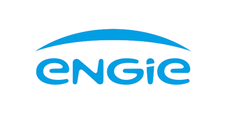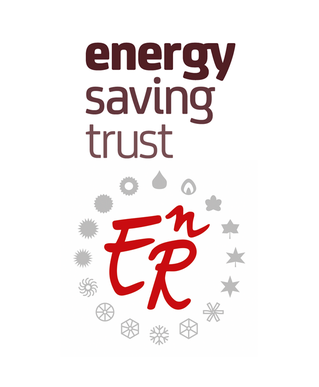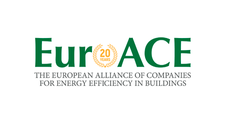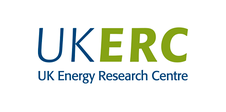Search eceee proceedings
How can Germany reach its 2030 sectoral emissions targets? Energy efficiency, renewable energy or reduction of energy consumption? An impact assessment of different pathways
Panel: 2. What's next in energy policy?
This is a peer-reviewed paper.
Authors:
Julia Repenning, Öko-Institut (Institute for Applied Ecology), Germany
Katja Schumacher, Öko-Institut, Germany
Luisa Sievers, Fraunhofer ISI
Matthias Pfaff, Fraunhofer ISI
Oliver Lösch, IREES
Tobias Fleiter, Fraunhofer ISI
Nils Thamling, Prognos
Dominik Rau
Axel Worz, FIBL, Germany
Johannes Hartwig, M-FIVE
Abstract
Germany’s Klimaschutzplan 2050 provides a long strategy to decarbonize Germany but also contains sectoral interim emissions targets for 2030 to ensure consistency and to avoid structural breaks. A comprehensive ex-ante evaluation (impact assessment) of these interim targets has been commissioned to serve two main purposes: i) to provide information and create a dialogue with affected and concerned stakeholders (e.g. social partners, parties, unions etc.). ii) to derive recommendations for the development and implementation of comprehensively sound policies and measures.
In a first step, we develop two sets of possible pathways for each sector with which the sector targets set for 2030 can be achieved. While set A is mainly focused on energy efficiency, electric mobility and demand reduction, set B is less efficiency oriented but primarily targets renewable energy and alternative fuels (PtX). In a second step, we assess the environmental, economic and social effects including external costs for each set of pathways (or combination of sets from each sector). We also assess the interaction of different policy targets (within Germany and the EU).
The assessment is based on sectoral, macroeconomic and microsimulation modelling and shows that set A with its focus on efficiency is preferable from an economic perspective. However, it requires substantial investment and innovation which need to be stimulated early on and also well scheduled to make optimal use of investment cycles and avoid lock-in effects. The transition towards a decarbonized economy requires new technologies, structural changes, changes in employment as well as adjustment of consumer behavior.
All these provide substantial challenges, a particular one for Germany relates to managing the lignite coal phase out which will help to achieve climate targets while at the same time putting a burden on regions which are economically weak and politically challenging.
Downloads
Download this paper as pdf: 2-068-19_Repenning.pdf
Download this presentation as pdf: 2-068-19_Repenning_Presentation.pdf
Panels of
1. The dynamics of limiting (energy) consumption
2. What's next in energy policy?
4. Monitoring and evaluation for greater impact
5. Smart and sustainable communities
7. Make buildings policies great again
8. Buildings: technologies and systems beyond energy efficiency
9. Improving energy efficiency in ICT, appliances and products

























